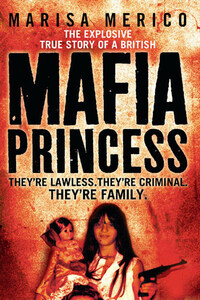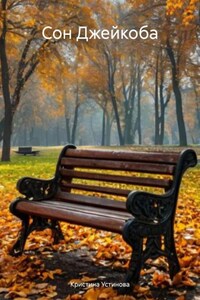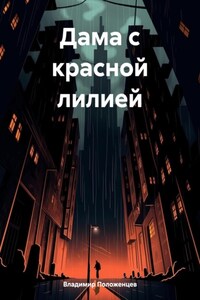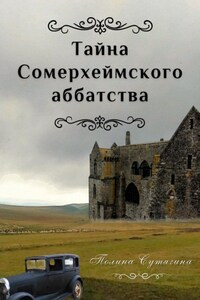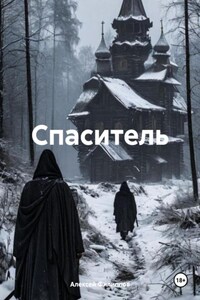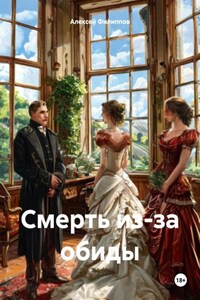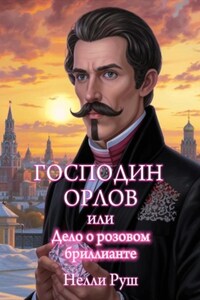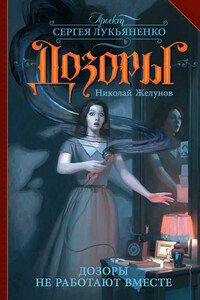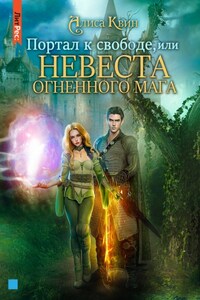‘The family – that dear octopus from whose tentacles we never quite escape nor, in our inmost hearts, ever quite wish to.’
DODIE SMITH,
I CAPTURE THE CASTLE, 1948
‘But I don’t want to go among mad people,’ Alice remarked.
‘Oh, you can’t help that,’ said the Cat:
‘We’re all mad here. I’m mad. You’re mad.’
‘How do you know I’m mad?’ said Alice.
‘You must be,’ said the Cat. ‘Or you wouldn’t have come here.’
LEWIS CARROLL,
ALICE’S ADVENTURES IN WONDERLAND, 1865
‘Dream as if you’ll live for ever, live as if you’ll die today.’
JAMES DEAN, 1954
They shot dead my godfather with a 7.63 calibre pistol as he sat in his favourite barber’s chair waiting for a wet shave.
An explosive bullet from a high-precision rifle blew the top off my dad’s cousin’s head as he left his house, in the hurried moment between his front door and his armour-plated car.
An uncle of mine was gunned down by automatic fire as he was serving wine in his café-bar one lunchtime.
Soon after, the man who issued the orders for these murders was killed while in protective custody, as he took his Sunday morning exercise in the prison yard. A marksman aiming from a building outside the prison walls put a rifled, explosive bullet in his forehead.
With nearly seven hundred combatants and innocents already dead, the violence was escalating every day and my family was suffering. Which was why, at the age of nineteen, I agreed to drive South with a consignment of military weapons packed into the secret compartments of the family’s customised Citroën, the one that was usually used to traffic heroin.
We stacked machine pistols, handguns and rifles, clips of ammunition, bullet-proof vests and jackets on top of the heavier hardware: Kalashnikovs, those awesome AK-47S which can spray out 650 rounds a minute, and bazookas that toss armour-plated vehicles into the sky.
It was like packing your sweaters and skirts first in a holiday suitcase, having all the ironed stuff lying flat, your toilet bag and shoes stashed in the corners.
I was too young to understand the complexity of everything that was happening, and too dizzily in love with the boyfriend who came with me to feel scared – even when the carabinieri stopped for a chat alongside our car, where we had stashed away enough weaponry to start World War Three.
We didn’t have a fear in the world. It was just like going on a family summer holiday.
After our delivery, the war became even more intense. The rival families didn’t have the contacts to get military weapons like the Yugoslav bazookas we’d brought. Hit squads operated as four-men units: a driver, a shooter with a 12-gauge automatic Benelli, renowned in the lethal mechanics of urban warfare, two men with machine pistols. Russian RPGs, the antitank grenade launchers, were around. There were also arson teams to burn out the rivals who were taken down by rifle fire as they struggled to flee the flames.
Still it wasn’t all one way. Uncle Domenico – a lovely, lovely man, full of laughter and fun, my Nan’s brother, one of my favourite uncles – was shot dead as he strolled onto his bedroom balcony to smoke a cigar.
How many people have relatives who are shot and killed? I grew up with it.
These were insane times.
It was violence against violence and even then it was clear to me that the winner is the one who has the more homicidal equipment. And intentions.
I’ve learned such things for, even before I was born, violence was vital to my life.
It got me born.
Fidarsi è bene, non fidarsi è meglio.
[To trust is good, not to trust is better.]
ITALIAN SAYING
I was born on my Nan’s kitchen table. I emerged reluctantly, just in time for breakfast, in the middle room of her house in the Piazza Prealpi in Milan.
It was the same table on which my Nan had given birth to her twelve children, including her youngest, Angela, who’d arrived just four weeks earlier.
My mum didn’t have any contractions. She was taking her time to deliver me and Nan’s household wasn’t used to that.
‘Push! Push, push!’ Nan’s friend Francesca the midwife shouted at her.
Mum wasn’t pushing, not at all. She didn’t know what all the fuss was about. She was in a haze. She had no energy left. She’d been in labour for more than twelve hours.
